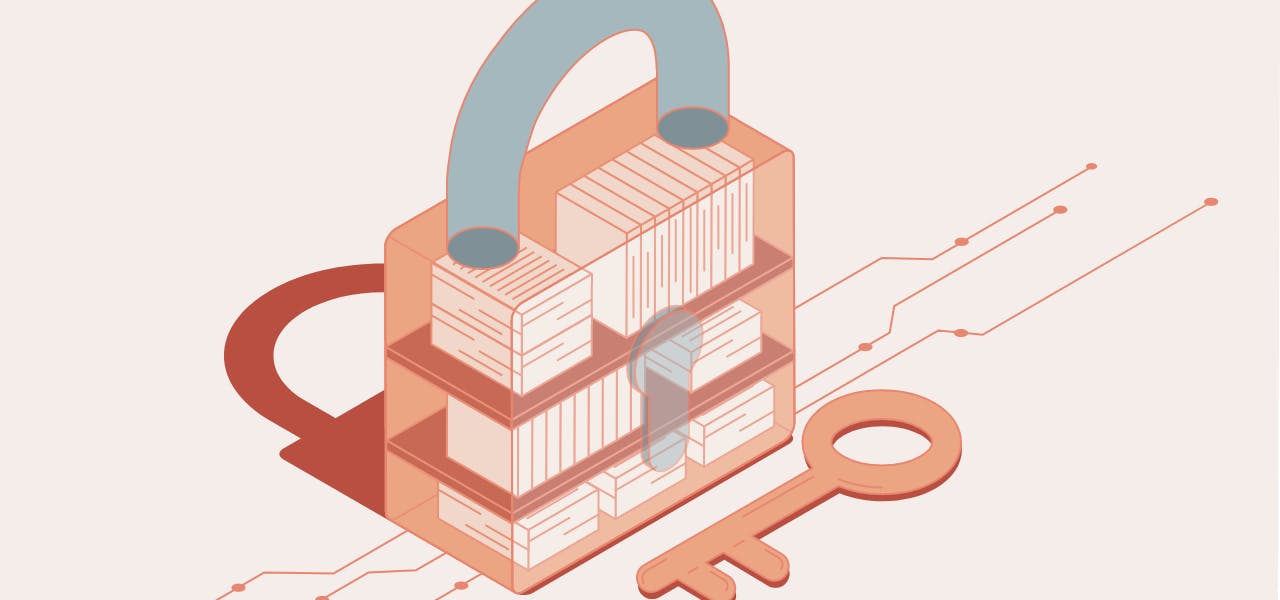Every master’s and PhD student knows that a thesis or dissertation is in their inevitable future. In these papers, the premise is that you’ll add to the field you’re specializing in by coming up with original work. But you have to base your unique findings on other sources in order to justify your steps and the final outcome.
Using other people’s work in your thesis or dissertation isn’t automatically legal. In some instances, you must obtain copyright permissions to include a third party’s published source in your paper. This is common any time your information is going to be published as an e-thesis or in open access publications, for example. Clearing permissions is necessary and can be cumbersome and time-consuming, but it can be done if you follow the steps in the process.
When Do You Need Copyright
You’re writing your own unique paper, so it stands to reason you won’t always need copyright permissions. But any time you’re referencing someone else’s work inside your paper, whether it’s a thesis, dissertation, or any other document you’re planning to turn in as your own to another party, you need to cite their work as your reference. Sometimes, that means you must have copyright permissions, and you need to know this right away to avoid problems later.
When you don’t have copyright permissions to a source that makes up an important facet of your paper, your entire experiment could be invalidated. If you don’t reference the source to avoid invalidation, now you’re looking at plagiarism, which not only invalidates your paper, but can put your scholarly reputation on the line.
It’s best to ask for copyright permissions more than needed instead of less. It can take a lot of time to get these permissions, so start the process early any time you think it might be necessary, such as when you’re using the following items:
● Anything copyrighted by someone, including photos, drawings, tables, maps, videos, etc.
● Items not definitively inside the public domain
● Scholarly articles
● Scholarly books
● Anything with a license that doesn’t permit commercial use exhaustively and clearly
It’s best to always verify as soon as you pick up a source whether you’ll need copyright permissions or not. You do not want to end up in a position where the source becomes integral to your research and then you can’t use it because of legalities.
Identifying the Owner
Sometimes, obtaining these permissions is a clearcut case of going straight to the author. Other times, identifying the owner of the copyright isn’t quite as easy. When you’re referencing work in your thesis that isn’t explicitly offered for public use, this is your next step before you do anything else.
In the front of the work you’re using, there is likely a © symbol with the name of the copyright owner behind it. This gives you the name or organization you need to contact in order to get permission to use the source. You may be able to email them directly, call and find out the person you’ll need to go through for permissions, or write a letter. In any case, don’t expect this to be an overnight process. It can take weeks, and occasionally months, to get permission or a denial.
In the event you can’t find the © symbol or use it to identify the copyright holder, you may have to work harder to unearth the person or source to get permissions from. If the item you’re using is published online or in a print version, contact the publisher to find out who you need to get permission from. If it was in a library, museum, or gallery on display, go to the resources in charge at the location, and if there’s a name on the item itself, contact the individual attributed to it.
On some occasions, you may have to pay for permission to use the source. Copyright holders can charge a fee before you receive permission. This fee is frequently covered by funders if you approach them early enough and have an idea of how much you’ll need.
Copyright Permission and Publishing: Impactio Makes it Easy
Knowing whether you need copyright permissions or not is a job you should take seriously, but when it comes to citing your sources and referencing work correctly, Impactio can help. Impactio’s all-in-one software solution makes the process of referencing your work in-text and at the end of your paper a seamless step.
All the tools you need to cite your paper, optimize your article for digital publishing, and track citation indicators are available with Impactio. Learn about copyright permissions and your author’s rights, and then use Impactio to make sure your paper is legally ready for submission to a traditional or open access publisher.
